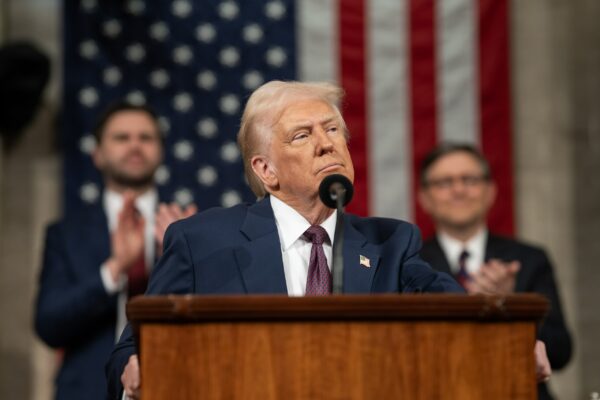In a striking display of ambiguity, President Donald Trump reportedly addressed reporters outside the White House on Wednesday, leaving the door open to potential U.S. military involvement in the escalating conflict between Israel and Iran.
“Nobody knows what I’m going to do,” Trump declared, as he navigated questions about possible strikes on Iranian nuclear sites.
The president’s remarks came in response to a New York Times report suggesting that he is “seriously considering” providing military support to Israel, which could include deploying fighter jets and conducting airstrikes on Iranian facilities.
Trump noted, “I may do it. I may not do it,” emphasizing the unpredictability of his decision-making.
With characteristic bravado, Trump dismissed the expectation that he would divulge details about any military plans. “You don’t seriously think I’m going to answer that question?” he quipped, mocking the notion that he would reveal specifics about a potential strike.
His comments underscore a broader tension within his administration and among his supporters regarding interventionist policies in the Middle East.
As the conflict has intensified, Trump’s rhetoric has drawn criticism from some factions within his own party.
Figures like Tucker Carlson have voiced disapproval of a more aggressive stance against Iran, arguing that it contradicts Trump’s earlier promises of diplomatic engagement.
This internal discord highlights the complexities of foreign policy decisions that could affect both regional stability and domestic political dynamics.
In previous statements, Trump has labeled Iranian Supreme Leader Ayatollah Ali Khamenei an “easy target,” hinting at the possibility of targeted strikes while cautioning against civilian casualties.
“We don’t want missiles shot at civilians, or American soldiers,” he remarked, indicating that patience with Iran is “wearing thin.”
Amid these tensions, Trump mentioned that Iranian officials have expressed a willingness to negotiate, but he suggested that it may be “too late” for diplomacy.
“They are totally defenseless,” he stated, asserting that U.S. forces have established air superiority over Iran.
The president’s comments reflect not only his unpredictable approach to foreign policy but also the growing urgency of the situation in the Middle East.
As U.S.-Iran relations remain fraught, the implications of Trump’s decisions could resonate far beyond the region, impacting global perceptions of American leadership and military resolve.
[READ MORE: Federal Judge Moves to Block Trump Order Requiring Biological Sex on Passports]








